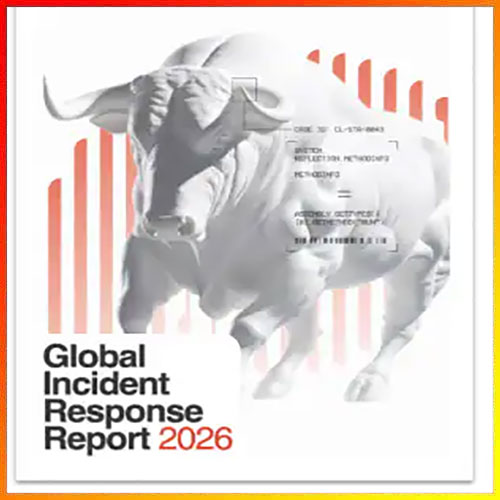AI, cloud expansion fuelling identity risks

The accelerated adoption of artificial intelligence and cloud computing is enhancing organizational capabilities while simultaneously heightening identity-related security vulnerabilities.
As companies increasingly automate processes and migrate services to the cloud, the explosion of digital identities—spanning users, applications, and machines—has created vast new attack surfaces.
Traditional perimeter-based defenses are proving inadequate in these decentralized ecosystems.
Recent findings from the Identity Defined Security Alliance show that 90% of organizations observed a surge in digital identities due to cloud initiatives, while 80% experienced at least one breach tied to identity compromise within the past year.
Particularly concerning is the growth of machine identities, which now exceed human accounts by a ratio of 15:1, dramatically broadening potential points of exploitation.
This modern challenge echoes ancient Greece’s wheel economy, where the expansion of trade networks to transport cultural artifacts also increased risks such as theft, necessitating enhanced protective measures.
Similarly, today’s proliferation of digital connections demands stronger safeguards to mitigate emerging threats.
Compounding these risks, AI-enabled cyberattacks have become more sophisticated and prevalent.
Organizations reported a 60% spike in AI-driven threats, including credential stuffing, AI-generated phishing schemes, and adversarial manipulation of authentication systems, according to industry surveys.
The 2024 Verizon Data Breach Investigations Report revealed that 74% of breaches involved credential theft, highlighting the critical need for fortified identity protections.
Managing identity and access across vast cloud environments presents additional hurdles.
Misconfigured IAM policies, such as excessive permissions and neglected credential revocations, plague 65% of businesses, complicating security efforts amid dynamic workloads like Kubernetes deployments.
Regulatory frameworks such as GDPR and NIST 800-63 further pressure organizations to tighten identity controls.
Compliance failures can lead to severe financial and reputational damage, reinforcing the necessity for resilient security postures.
To counter these escalating risks, enterprises must urgently adopt zero-trust models and leverage AI-enhanced identity management solutions, ensuring robust defenses in an increasingly complex digital landscape.
See What’s Next in Tech With the Fast Forward Newsletter
Tweets From @varindiamag
Nothing to see here - yet
When they Tweet, their Tweets will show up here.





























